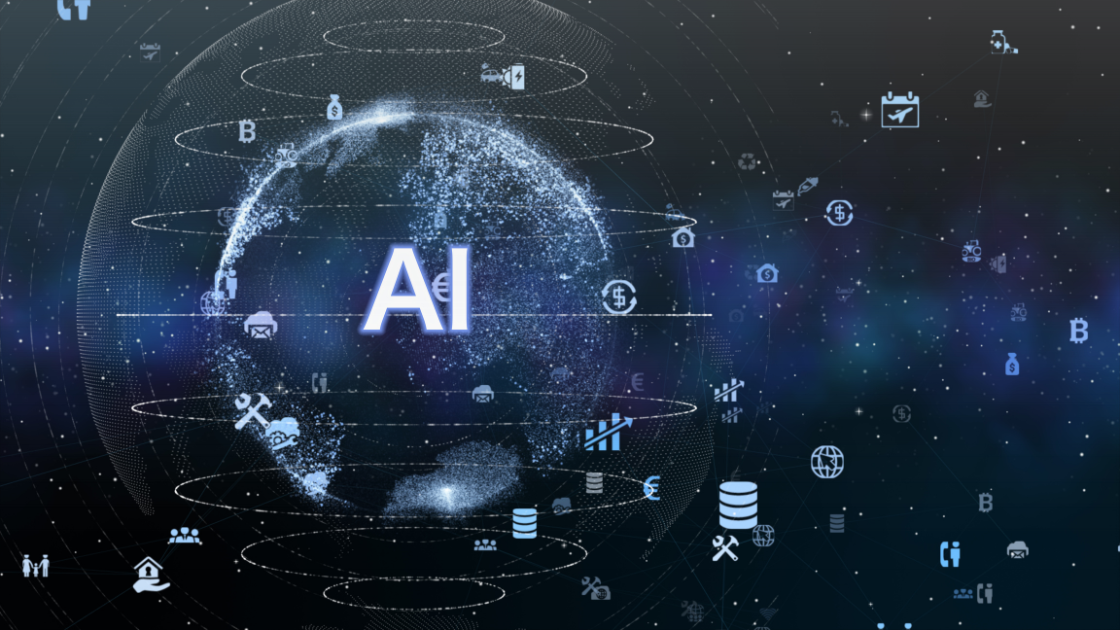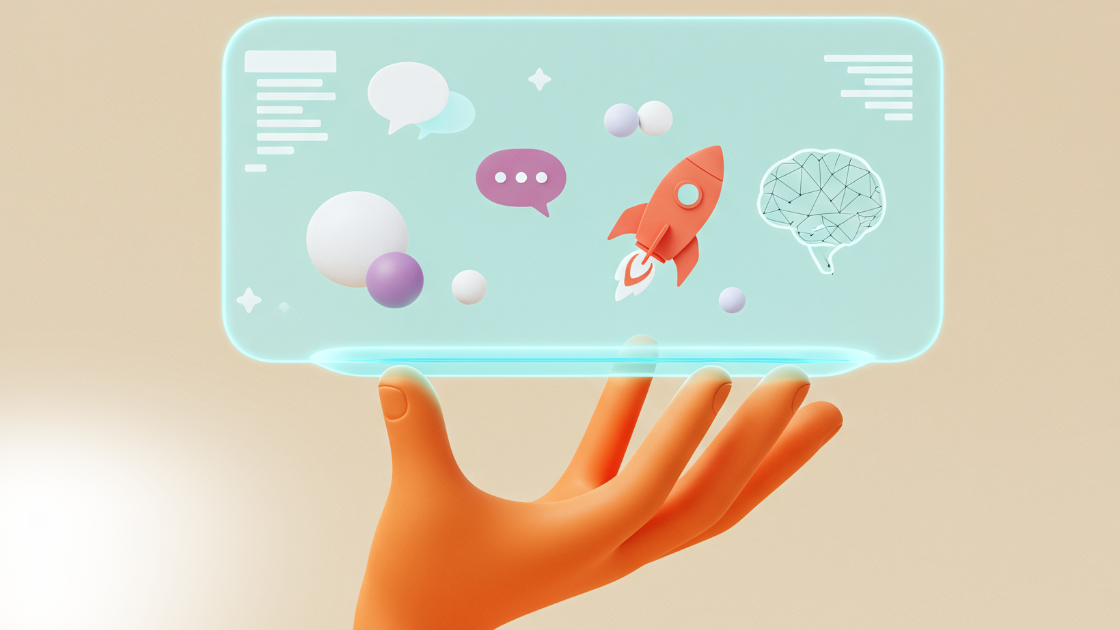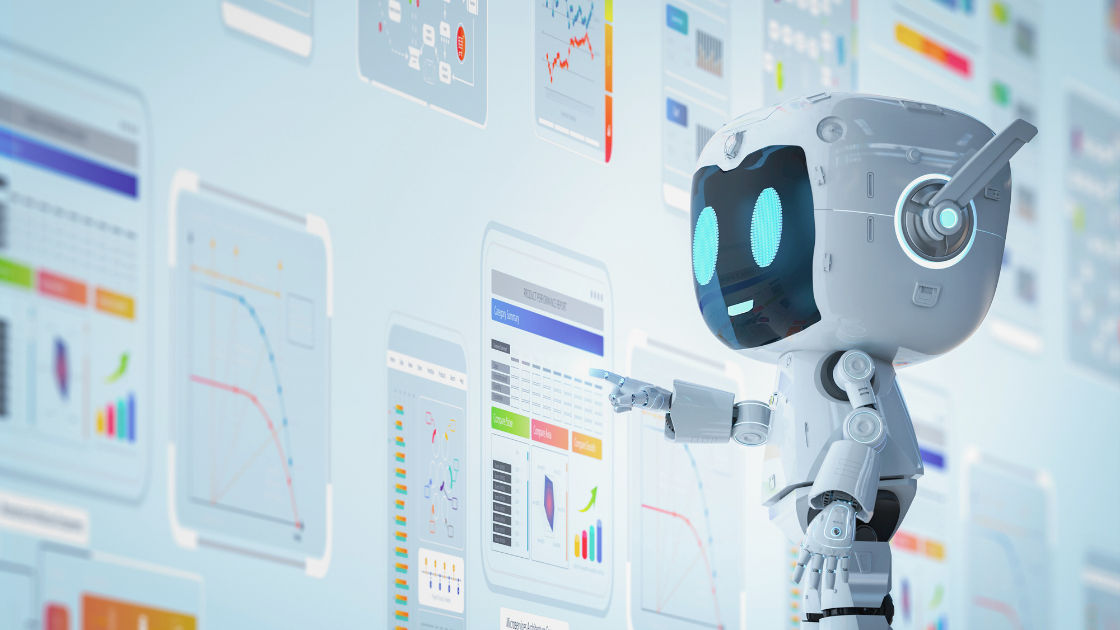From Automation to Innovation: Zeeshan Hayat on the Transformative Role of AI in Accelerating Business Growth

Artificial Intelligence (AI) is no longer a futuristic concept—it’s a present-day force reshaping how businesses operate, compete, and grow. Once seen primarily as a tool for automating repetitive tasks, AI has rapidly evolved into a strategic driver of innovation, efficiency, and decision-making across industries. Whether you’re a startup founder or leading a mature enterprise, understanding how to integrate AI into your business is quickly becoming essential.
AI’s impact on business growth is multifaceted. It not only streamlines operations but also opens new possibilities for customer engagement, product development, and market expansion. Here are some of the most transformative ways AI is accelerating business growth today.
- Automating Repetitive and Time-Consuming Tasks
One of AI’s earliest contributions to business has been its ability to automate tasks that once consumed significant employee time and energy. From data entry and invoice processing to customer support via chatbots, AI reduces the burden of routine work, allowing human teams to focus on higher-value tasks. Robotic Process Automation (RPA), powered by AI, can manage workflows across departments with speed and accuracy, leading to increased productivity and reduced operational costs. This automation isn’t just about saving time—it’s about reallocating human potential toward strategic and creative endeavors. - Enhancing Decision-Making with Data-Driven Insights
AI excels at analyzing large volumes of data and uncovering patterns that are impossible to detect manually. By integrating machine learning algorithms into business intelligence systems, companies can generate predictive insights, forecast trends, and make faster, smarter decisions. Whether it’s predicting customer churn, optimizing pricing strategies, or forecasting sales performance, AI enables leaders to act with greater confidence. The ability to anticipate market behavior or operational outcomes gives businesses a crucial competitive edge in fast-moving environments. - Personalizing Customer Experience at Scale
Today’s customers expect personalized experiences, and AI makes it possible to deliver them at scale. Recommendation engines, dynamic content generation, and AI-driven customer segmentation allow businesses to tailor offerings and communications based on individual behavior, preferences, and buying history. From e-commerce platforms suggesting products to streaming services curating content, AI is at the heart of enhancing customer satisfaction and loyalty. Businesses that leverage AI to create personalized experiences often see higher engagement, increased conversions, and stronger brand affinity. - Optimizing Marketing and Sales Strategies
AI is revolutionizing how businesses approach marketing and sales. Tools powered by machine learning can analyze consumer behavior, segment audiences, test campaign variables, and automatically adjust targeting for better results. AI-driven platforms help identify which leads are most likely to convert, suggest the best times to reach out, and even generate email content or ad copy based on performance data. This data-backed precision leads to more efficient marketing spend and improved return on investment. As customer acquisition costs continue to rise, AI becomes an invaluable asset in optimizing every stage of the customer journey. - Accelerating Product Development and Innovation
AI is not just improving existing processes—it’s driving the creation of entirely new products and services. From generative design in manufacturing to AI-generated artwork in creative industries, the technology is enabling faster iteration, prototyping, and testing. In sectors like healthcare, AI helps researchers discover new drugs or diagnostic tools at a fraction of the traditional time and cost. In software development, AI assists with code generation, bug detection, and performance optimization. These innovations shorten development cycles and allow businesses to bring products to market more quickly and efficiently. - Strengthening Cybersecurity and Risk Management
As businesses grow and digitize their operations, cybersecurity becomes a major concern. AI is playing a pivotal role in strengthening security by identifying threats in real time, detecting anomalies in network behavior, and predicting potential breaches. AI-powered tools can adapt to evolving attack patterns faster than traditional security systems, offering a more proactive defense. Beyond cybersecurity, AI also supports broader risk management efforts by analyzing financial, operational, and reputational risks. Businesses that implement AI in their risk strategies often respond more quickly and effectively to emerging threats. - Improving Talent Acquisition and Workforce Management
Hiring and managing talent is one of the most critical factors in business growth. AI helps streamline recruitment by screening resumes, identifying top candidates, and even conducting initial interviews through AI-powered chatbots. These tools can analyze thousands of applicants efficiently, reducing bias and improving quality of hire. Within workforce management, AI supports scheduling, performance evaluation, and employee engagement by providing real-time feedback and analytics. The result is a more agile, data-driven approach to building and retaining high-performing teams. - Enabling Agile and Scalable Business Models
AI empowers businesses to adapt their models with greater speed and flexibility. Cloud-based AI services allow even small and medium enterprises to access powerful tools without heavy infrastructure investments. Subscription models, usage-based pricing, and on-demand scalability become more manageable with AI-supported systems. Companies can launch new offerings, enter new markets, or pivot their strategies quickly—turning AI into a core enabler of adaptability and resilience in a constantly changing market. - Facilitating Sustainable and Ethical Growth
AI is also helping companies achieve sustainability goals and operate more responsibly. From optimizing energy use in manufacturing to monitoring supply chain emissions, AI provides visibility into environmental impact and resource efficiency. It can also identify areas where diversity, equity, and inclusion can be improved across operations. As more consumers and investors prioritize ethical practices, businesses that leverage AI to improve transparency and sustainability are better positioned to earn trust and grow responsibly. - Inspiring a Culture of Continuous Innovation
Finally, the integration of AI often drives a broader cultural shift toward innovation. When teams see the impact AI can have—on speed, quality, and outcomes—it encourages experimentation and learning. AI doesn’t replace creativity or strategy; it enhances them. It allows employees to test ideas more rapidly, learn from real-time data, and iterate with confidence. This culture of curiosity and agility becomes a core strength in today’s fast-paced business environment.
In summary, AI is far more than just a tool for automation—it is a transformative force that touches nearly every aspect of modern business. It empowers leaders to make smarter decisions, serve customers better, innovate faster, and build organizations that are more efficient, adaptive, and future-ready. The businesses that embrace AI today are not just optimizing their present—they’re building the foundation for sustained success in the future.












